Proposed trip dates are 11/16-12/4 and I would be grateful to spend Thanksgiving on my second trip with Road2IR in Tanzania. After my first trip in 2021, I knew that ongoing international medical outreach was something I wanted to be part of my career. The goal of the trip is to train the residents of Muhimbili National Hospital in the clinical and technical aspects of IR through hands on teaching and case conferences/lectures, as well as providing guidance and support for running an IR service and local projects.
The local population of Dar es Salaam is over 4 million, but patients travel from throughout Tanzania for IR services. Minimally invasive treatments, as made possible by IR, allow patients with limited access to care to receive life-changing treatments. With the acquisition of new equipment, the team is looking forward to performing increasingly complex procedures.
The development of IR in Tanzania serves the dual purpose of training independent interventional radiologists to care for the people of Tanzania, but also set a precedent for the development of IR training programs throughout East Africa. Trainees will develop the knowledge and confidence to practice independently. As trainees graduate and return to other areas of Tanzania to start their own programs, the breadth of patients served will continue to expand throughout the country.
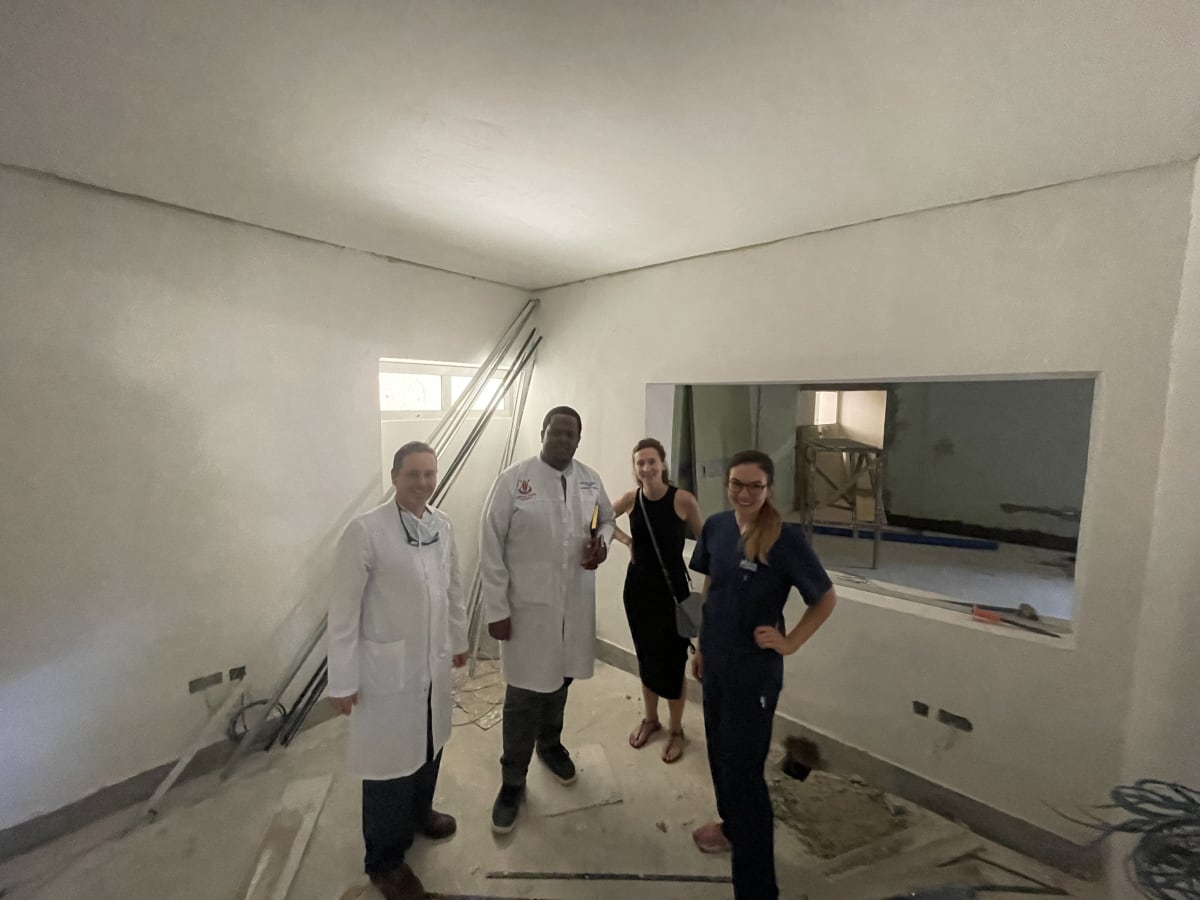
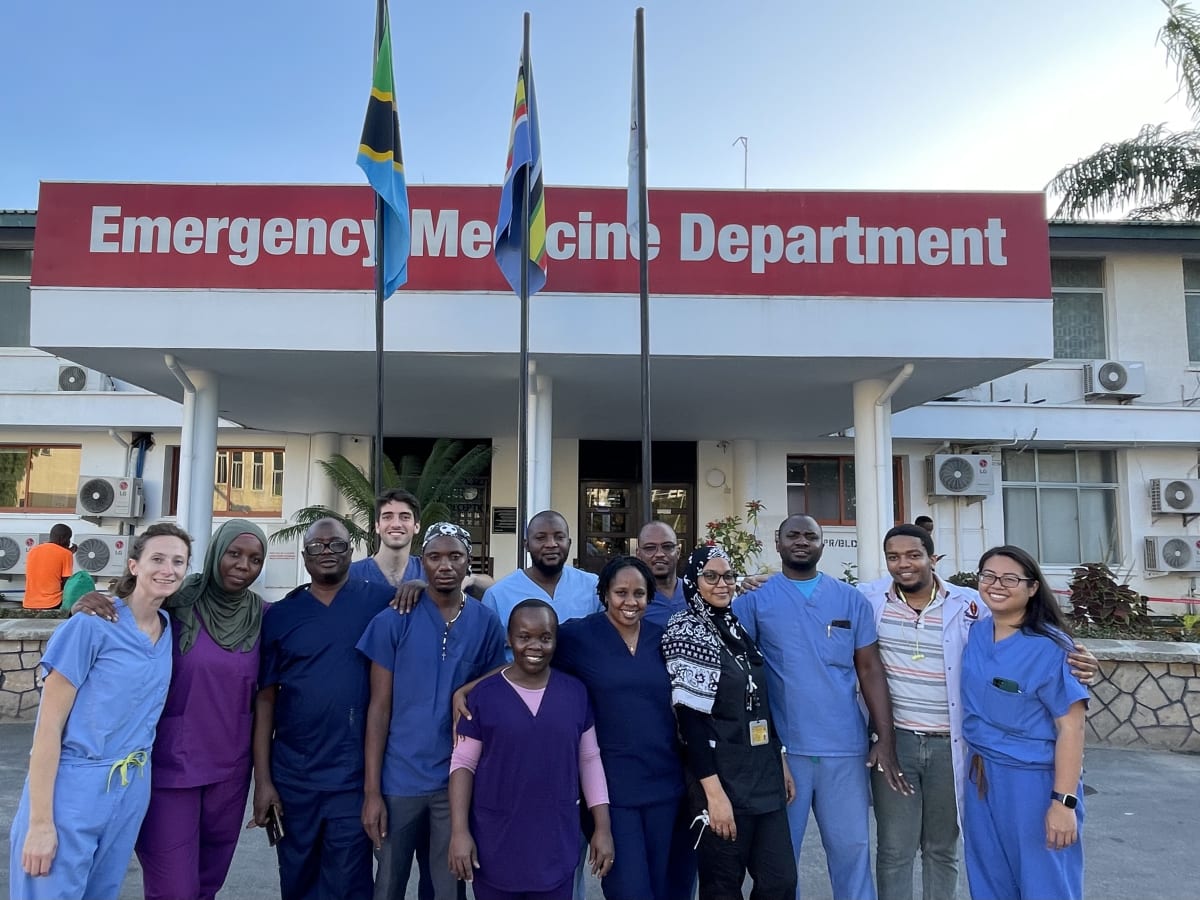
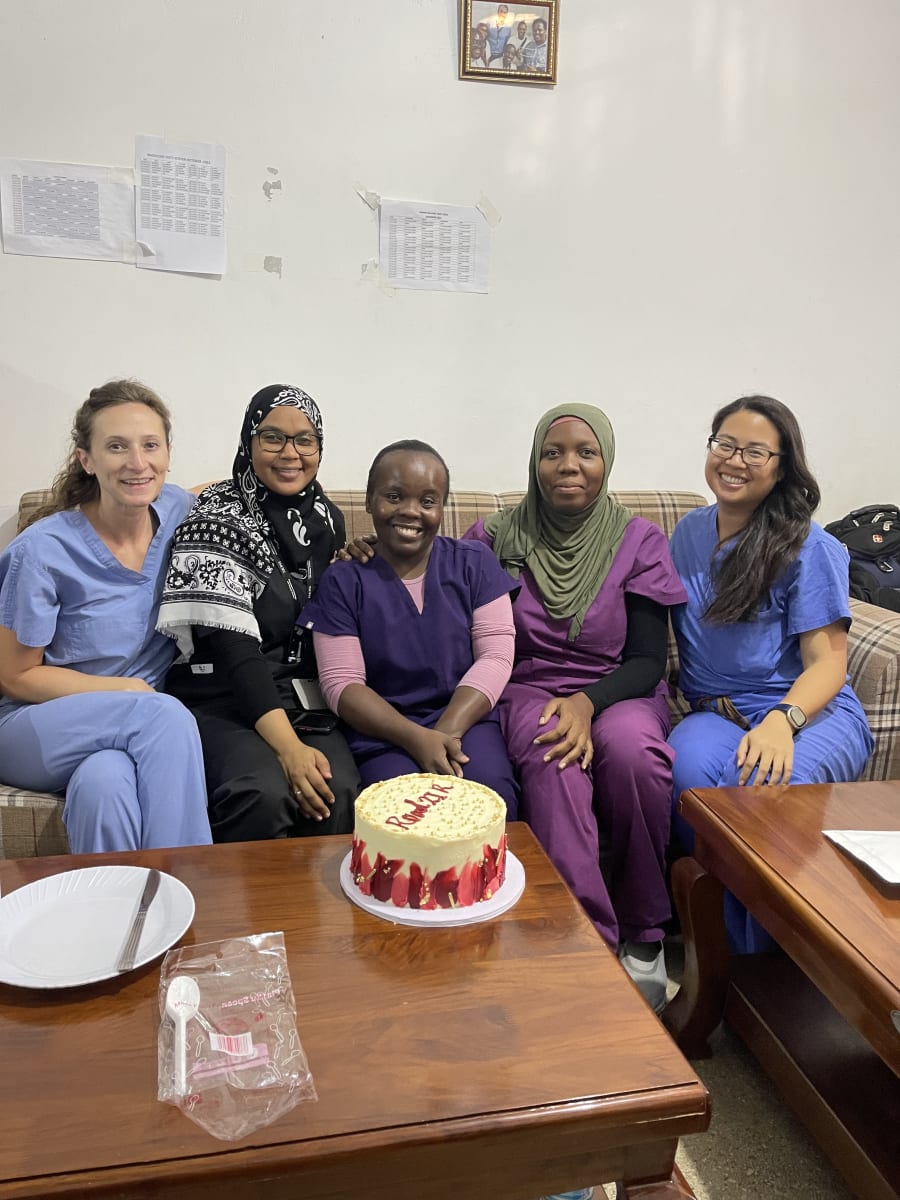

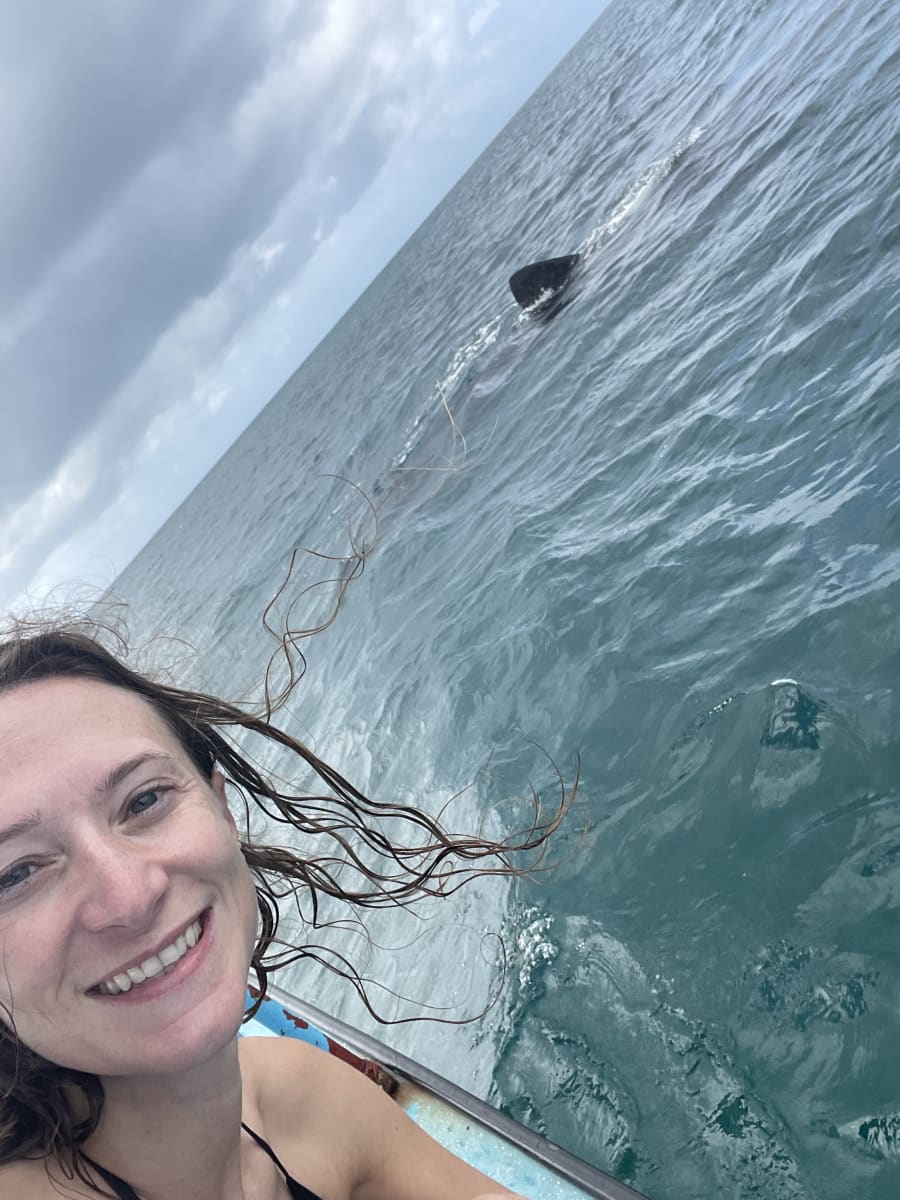
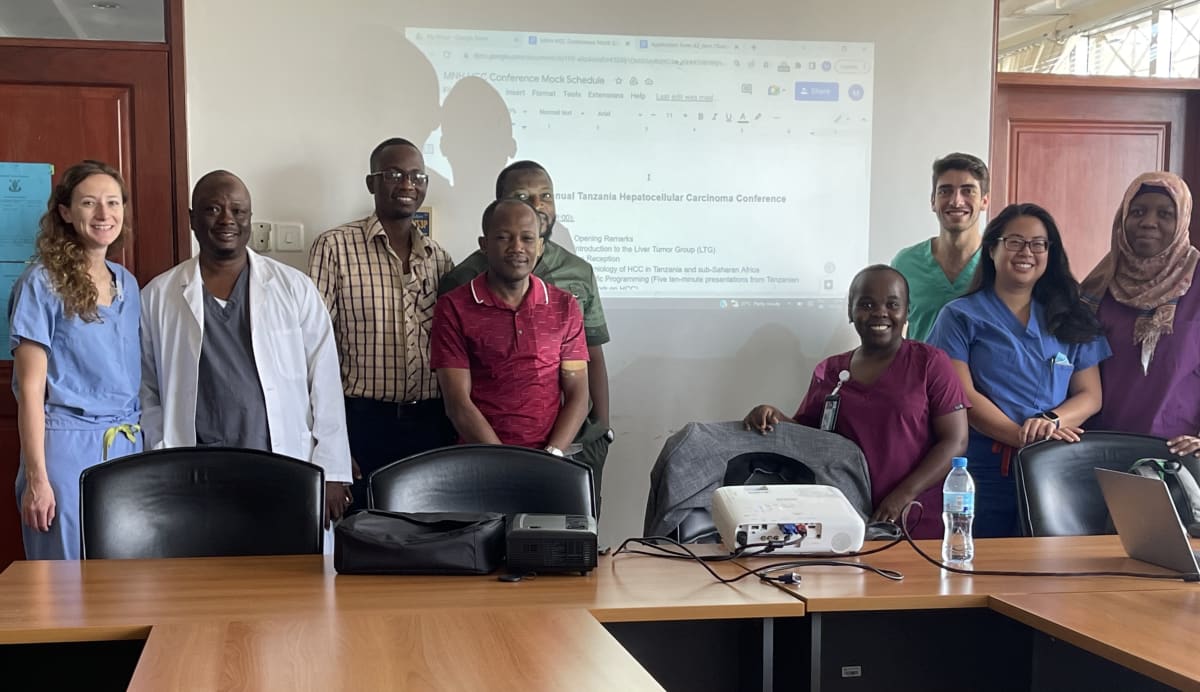

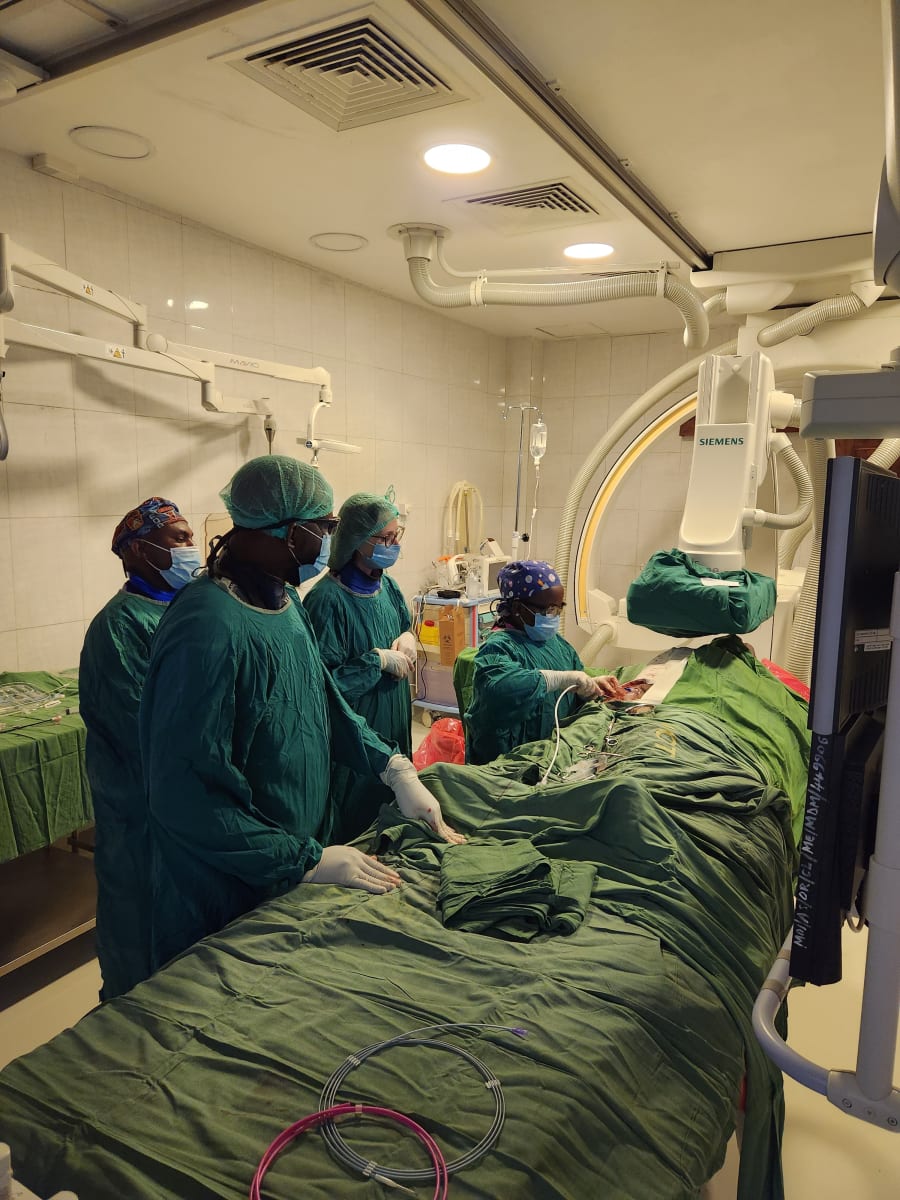

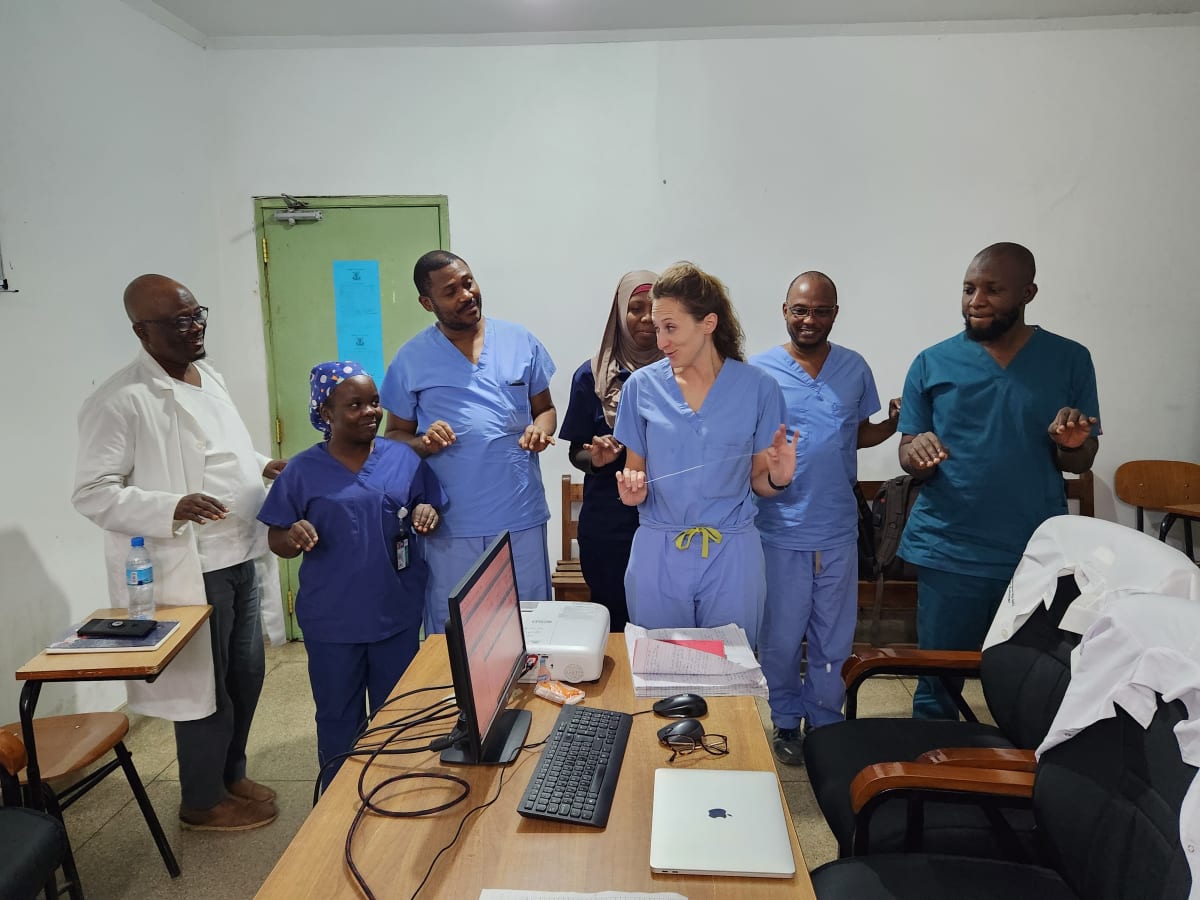
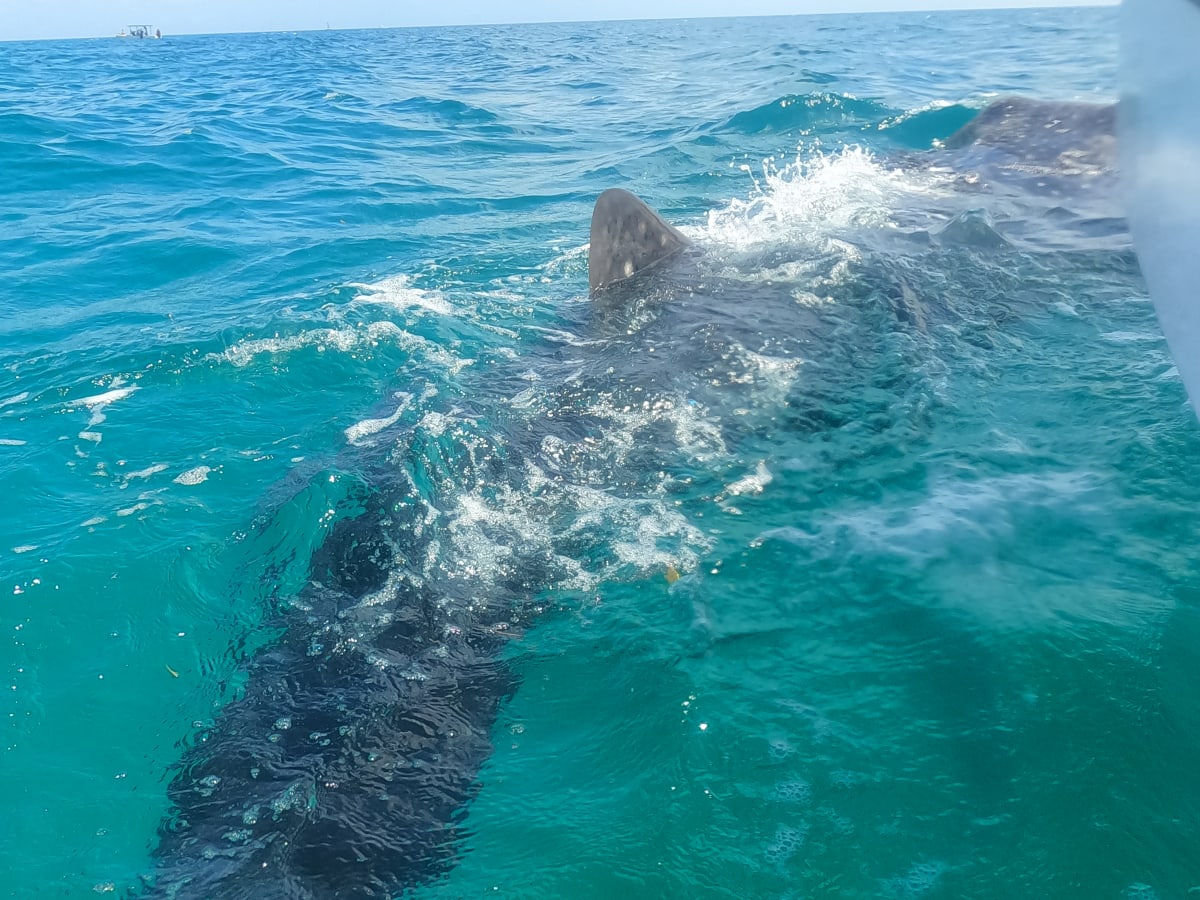
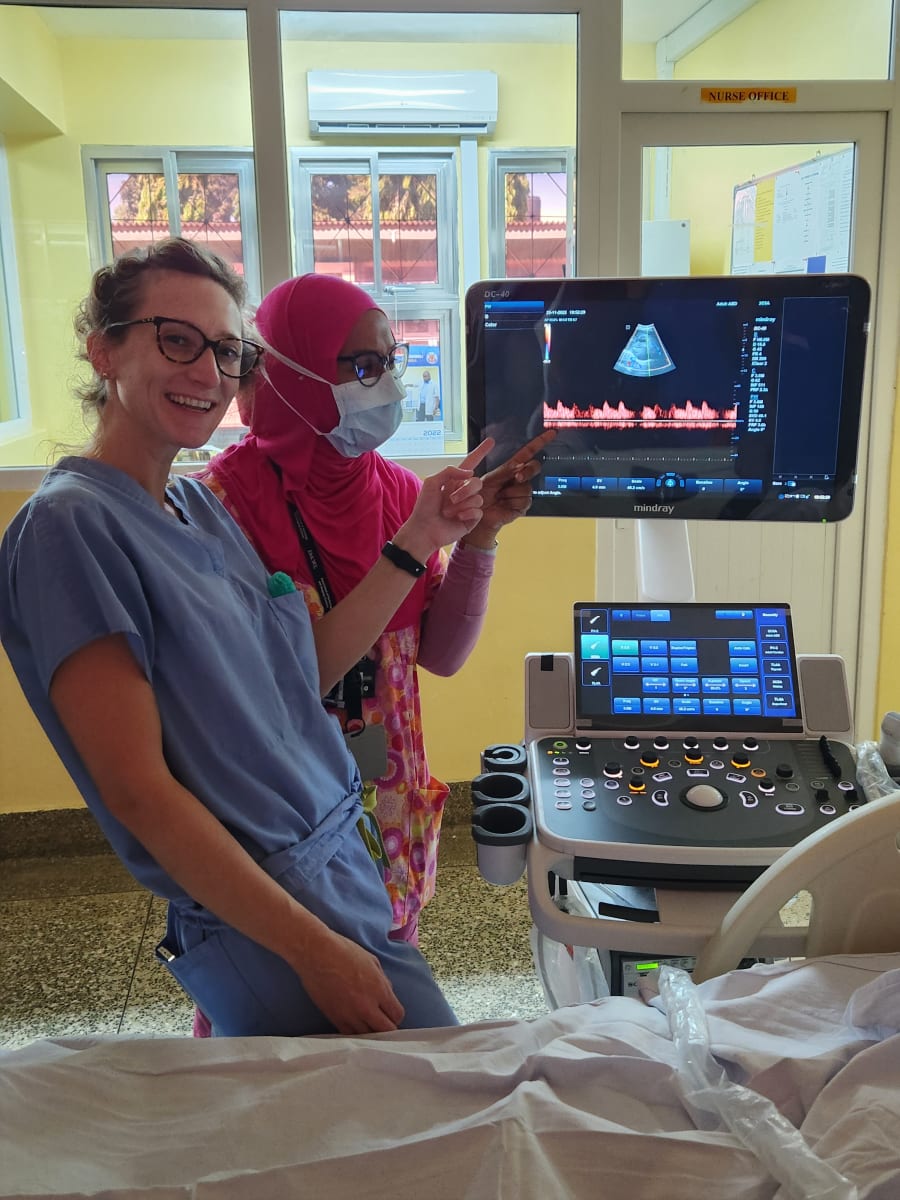






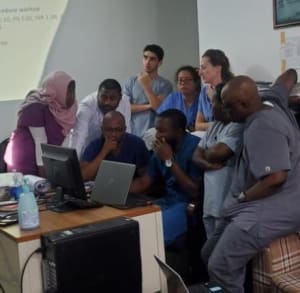





One good turn deserves another! Two weeks seems like an impossibly small time to make a lasting impact, but seeing the differences made from my last trip keeps my inspiration going and motivates me to continue to return and support and watch this program grow. I first traveled to Tanzania for one month with Road2IR to teach interventional radiology in 2021, after graduating from my IR fellowship. This year, I had the opportunity for a two-week trip over Thanksgiving, and I could not think of a better way to give back than to return to Tanzania, teach, and reconnect with the trainees I had met from last year.
This trip occurred near the start of the new academic year and held challenges in balancing teaching among the 6 trainees, of which there are 3 seniors and 3 juniors. The academic focus was on the clinical knowledge of disease states and when to perform a procedure during clinic alongside the very basics of the equipment we use - and how to use it! - before and during procedures. Daily work begins with presentations of the procedures for the day, reviewing imaging and procedure details, ensuring labs are in order, and gathering appropriate equipment for procedures that need to be done in an angiosuite we borrow on another part of the hospital campus. While one team is performing procedures, a second team is holding clinic which can see anywhere from 10 to 20 patients in a day. Consulting providers come in and out during the day with urgent inpatient requests. It is a busy day that we wrap up with review and feedback of cases that happened during the day as well as didactic and case-based teaching sessions. I know the junior trainees are off to a great start and the seniors are well on their way for the remainder of their fellowship.
IR in Tanzania is in its infancy, with only a handful of graduates now in various parts of the countries who are starting to build their own programs. This comes with the multi-fold task of building angiosuites, procuring disposable equipment, hiring staff, and developing awareness through clinics and reaching out to other services. Over the course of the two weeks, I had several productive conversations with local radiology leadership and hospital directors at both Muhimbiili National Hospital (MNH), where the Road2IR training program is located, and the nearby Mwananyamala Regional Hospital, where one of the recent graduates is now practicing. There is tremendous support and great promise for the future of IR, and with it, access to life-saving treatments throughout the country.
I look forward to a time when the full gambit of procedures will be able to be offered. One consult during my trip was regarding a patient with splenic trauma during a motor vehicle accident. The patient went to the OR at an outside hospital for “splenectomy” but our evaluation at bedside in the ICU demonstrated a remaining spleen. Our conjecture is they ligated the splenic artery during laparotomy, but it wasn’t sufficient to stop the bleeding. Unfortunately, the patient was intubated, and ventilator assistance was not possible in the current angiosuite. This patient would have benefited from splenic artery embolization, a routine procedure and standard of care in trauma centers throughout the US. The new angiosuite at MNH is well underway and should have capability for taking care of sick patients like this during procedures, as well as have advanced technology for performing other complex procedures.
Outside of the workday, Tanzania is a beautiful country with many exciting places to explore. I am grateful to have had some time to visit local places, markets, and restaurants. During my in between weekend of this two-week trip, I was also able to visit Mafia Island to swim with the whale sharks. It was also great to see a few familiar faces from the former trainees - interventional radiologists I now consider my friends and colleagues - and hear how they are doing in their new roles as well as in life. While patience is a virtue, I am eager to return to see what the former and current trainees will have accomplished and continue to help expand IR throughout Tanzania.